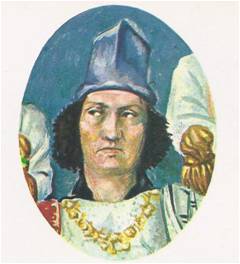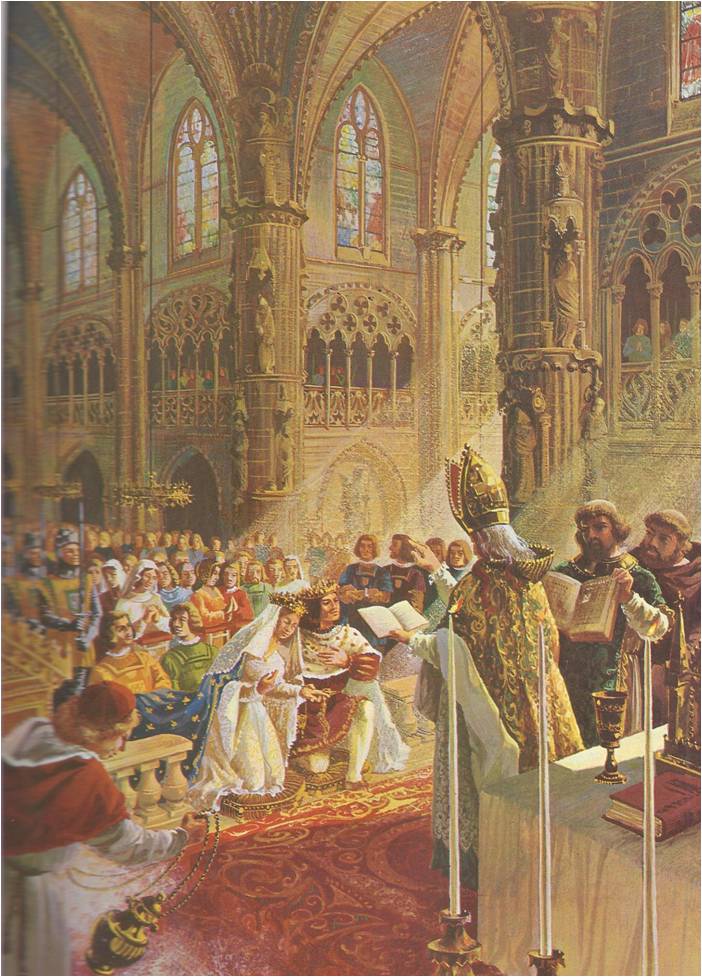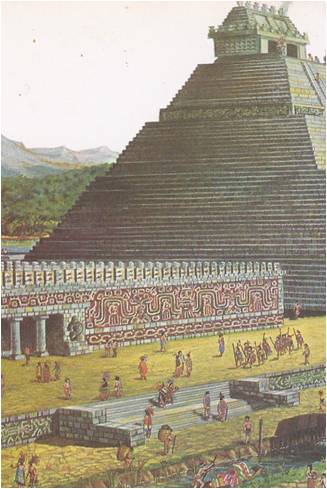EVEN AFTER IT HAPPENED, few people in colonial Boston knew the boy’s name. He was just a barber’s helper, but everyone heard about him on the night of the trouble. On that night he set off an angry mob by pointing his finger at a British guard and the violence that followed became a famous incident in American history. The date was March 5, 1770. Boston was then occupied by British troops. The troops had been brought in to keep order and to force the people to pay taxes they did not want to pay. The people of Boston hated the troops and insulted them at every opportunity. Boys threw snowballs at them and called them “lobsters” because their long red coats were almost the color of boiled lobsters. On the night of the trouble, the barber’s helper started things off by calling a British officer names. He became so insulting that a British soldier on guard duty nearby finally lost his temper and struck the boy on the head with the butt of his rifle. News of the attack spread quickly to shops and taverns. Within an hour small bands of men were roving the streets looking for trouble with the hated redcoats. They met a large band of redcoats who were also out looking for trouble. The badly outnumbered civilians soon took to their heels. To get more people into the streets someone rang a church bell, Boston’s way of sounding the fire alarm. People who came out of their houses to help fight the fire were told about the boy who had been struck down by a British soldier. That was too much. They searched for the barber’s helper and found him. The boy repeated his story, probably exaggerating to win more sympathy from the crowd. He …
Read More »









